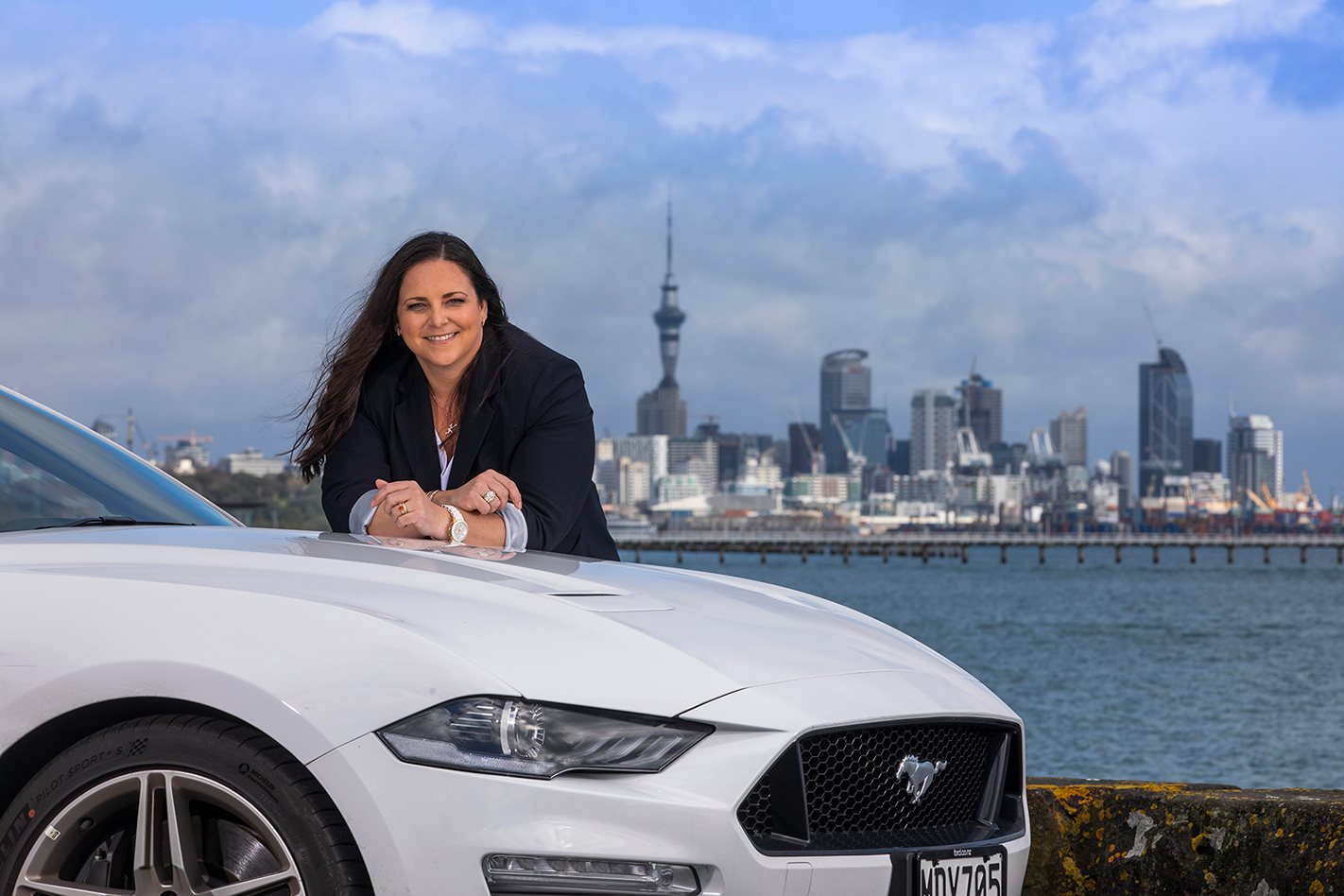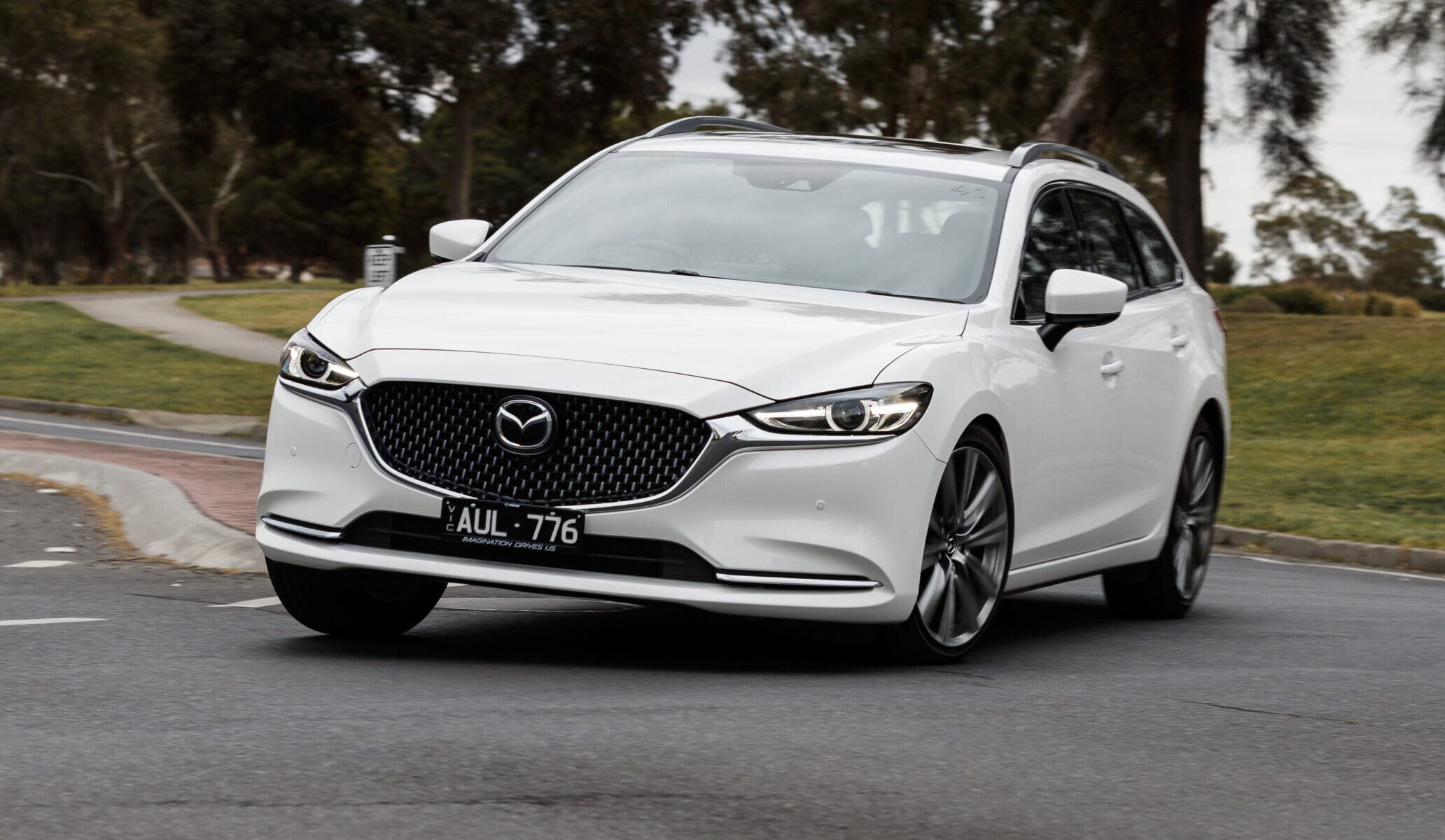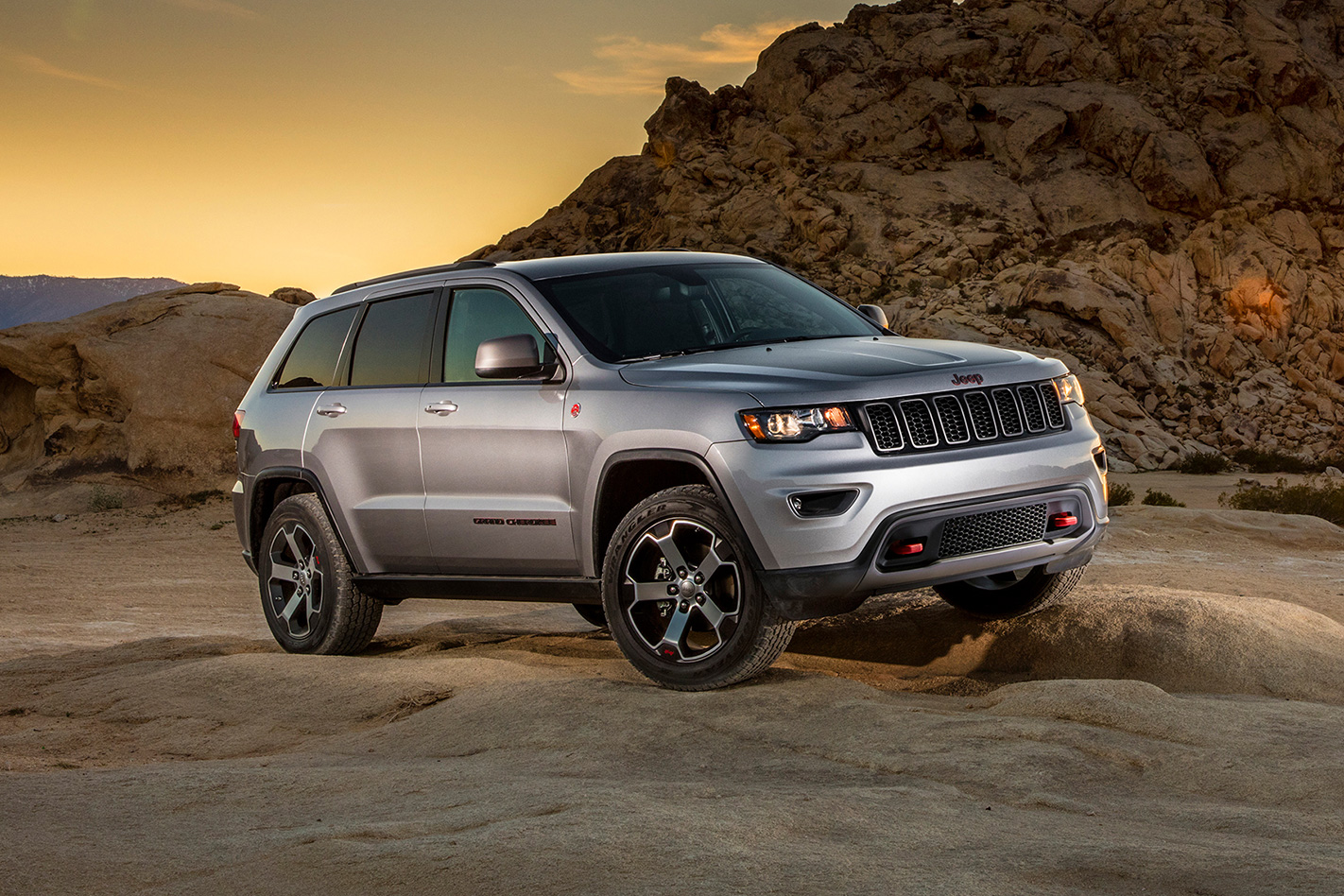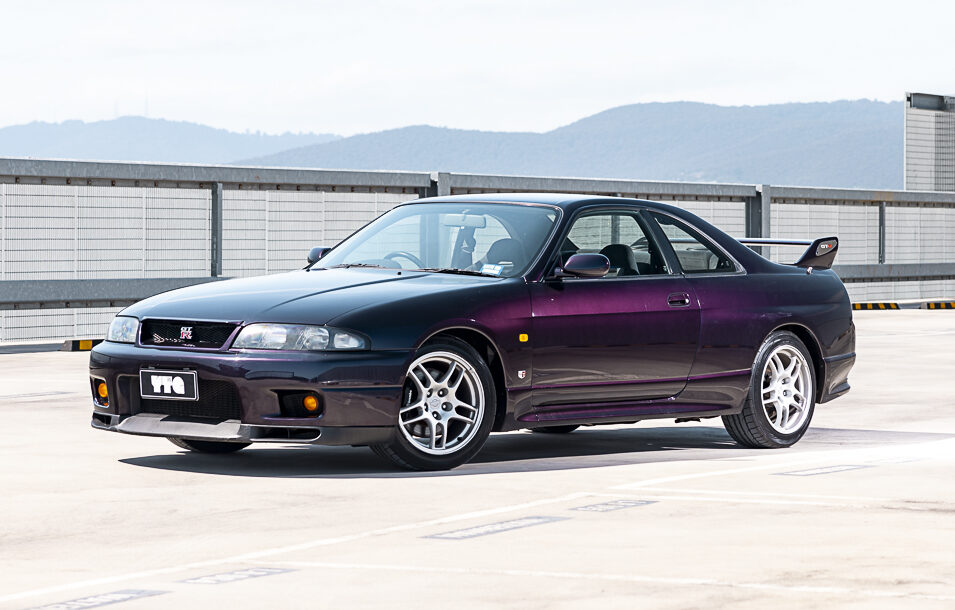St Heliers Bay is one of those affluent waterside suburbs you might find in Sydney, Melbourne, San Francisco or Barcelona. In this case it’s Auckland in New Zealand. The coffee shops are doing a roaring Sunday-morning trade, the joggers are out in force, as are the dog walkers and a multitude of cyclists.
Picking her way through the throng in a white Mustang convertible V8, it’s top appropriately dropped on this sunny morning, is Kay Hart, the president and CEO of Ford Australia-New Zealand.
Soon she’ll be driving the hour south to Pukekohe Motorsport Park to watch the Supercars racing version of the Mustang GT Fastback in action. But right now she’s squeezed some time in for a photo shoot and a talk with Wheels in the area where she grew up.
“I love it here,” she says. “The sea, the culture, the environment, the people and just the general vibe.”
Hart’s own vibe is happy and upbeat. She has a deep, frequent chuckle, a big smile and a remnant trace of a Kiwi ‘fush and chups’ accent. People who know her well insist she’s not only smart as hell, but genuine with it. Hart has heart.
She also has a strong constitution. She’d been in South Africa on a dealer trip prior to Pukekohe – pit-stopping at Ford’s Melbourne HQ briefly on the way through – then after NZ it was back to South Africa for a wedding, Melbourne, then Sydney for the launch of the Mustang R-Spec and on to Bathurst to witness Scott McLaughlin and Alex Premat’s victory in an epic 1000km battle.
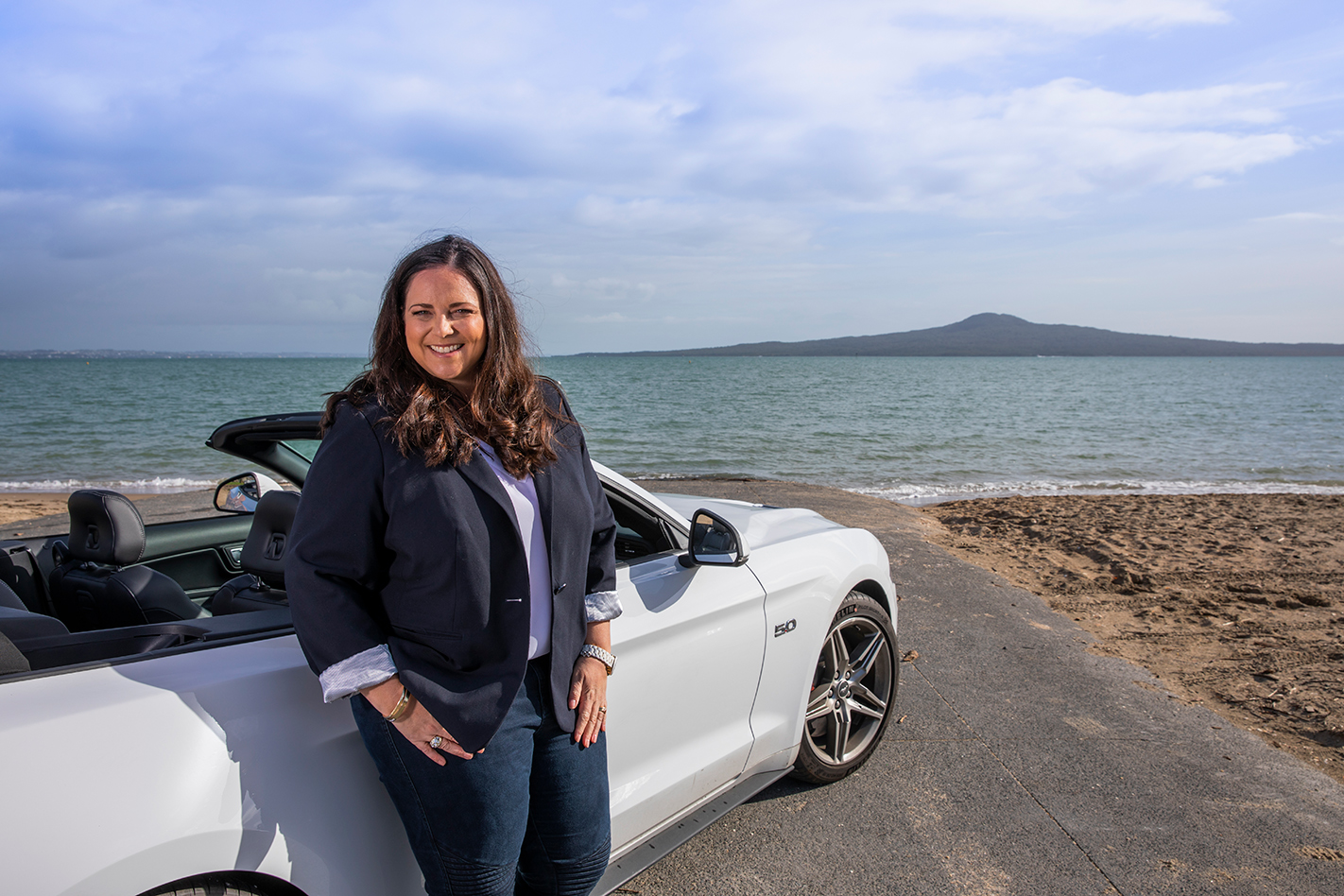
“The international travel is not so typical in such a short space of time, but I do try to get out within Australia as often as possible to visit dealers and customers,” she says when we catch up at Mount Panorama to complete the interview started on a beachside park bench at St Heliers.
Hart is a rarity in being the female boss of a car company in Australia. She’s also the first local Ford leader in a decade to be operating in anything like clean air. Her predecessor, Graeme Whickman, closed the Campbellfield and Geelong manufacturing plants; his predecessor, Bob Graziano, announced they were closing. Before him, Marin Burela’s reign was dogged by questions of local manufacturing survival. Hart, who took over the job 16 months ago, has the chance to go beyond all that. But not, she explains, by starting all over again. “One of the most important things [when she started] was to provide the team with stability in terms of direction and strategy and exactly what we are doing as a team,” Hart says.
That meant reinforcing the key tenets of modern Ford, which is now one of 60-odd brands vying for oxygen in the Australian market, not one of three manufacturers who, along with Holden and Toyota, were once distinct from the rest.
So the customer comes first and the relationship with the dealer network has to be as strong as possible. That’s all the more important in a new-vehicle retailing environment that is in steady decline in Australia. Overall, according to VFACTS, sales are down 7.9 percent year-on-year. Ford’s decline is among the more resilient of the majors at 8.2 percent. But it’s still a decline.
“It’s very clear the industry we are operating in at the moment is a tough one,” Hart says. “It’s obviously well down year-on-year and is continuing to decline. So it’s making sure we have the right strategy within the operating environment, which has become a lot tougher. ‘Customer first’ continues to be our key point. It doesn’t matter, big industry or small industry, that ‘customer first’ is still key to us.”
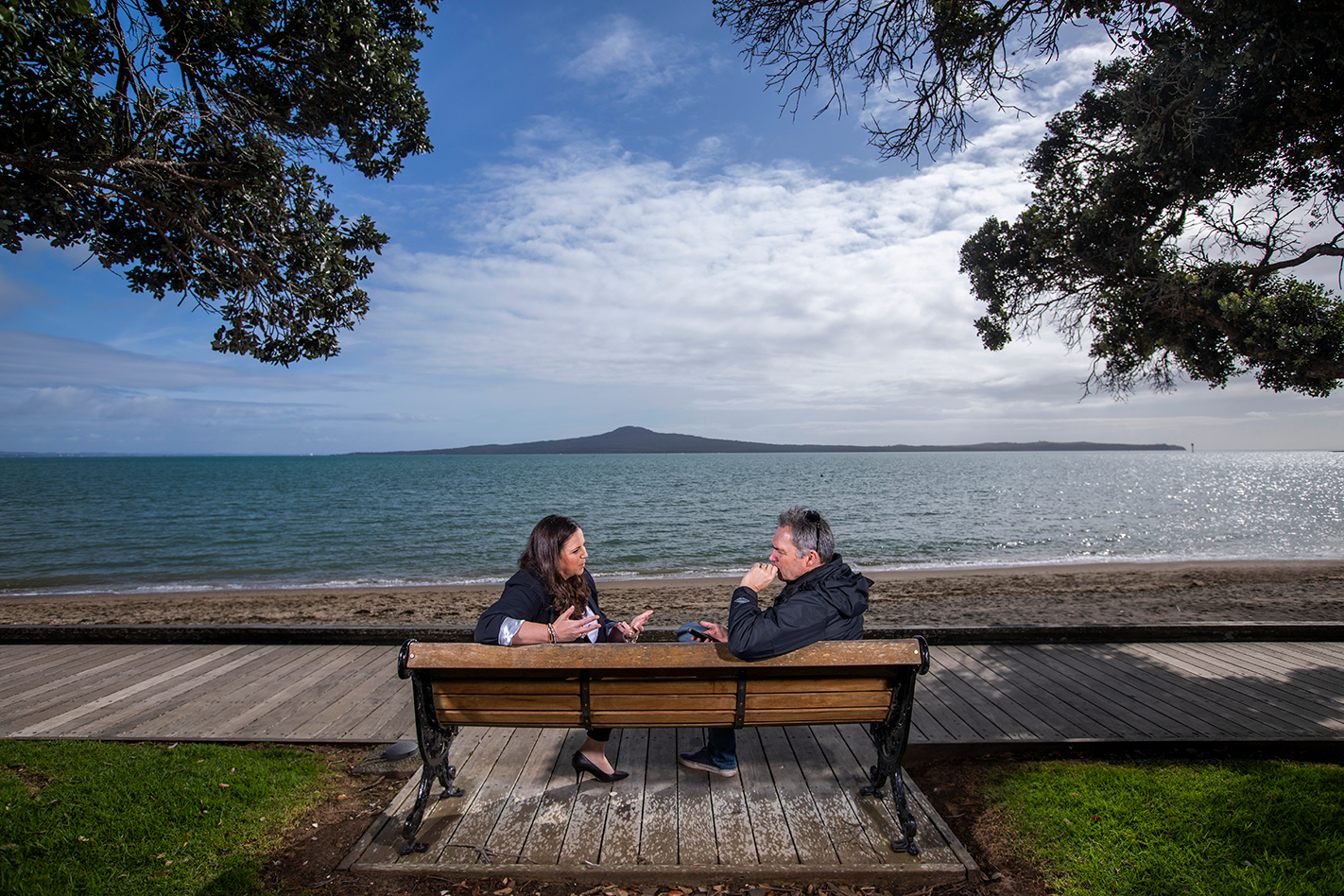
So what does that mean? Well, in product terms look at the R-Spec and Ranger Wildtrak X limited editions. A supercharged factory-backed Mustang has been a missing opportunity for years and the X sits atop the dual-cab range, where buyer interest seems insatiable. Hart says these are two examples of how Ford is changing to more rapidly and specifically respond to customer demands in the post-manufacturing era. “That’s the fundamental shift from a Ford standpoint in terms of what we are trying to do in the market and how our strategy is playing here.”
Hart is impressively good at staying on message. It’s not a surprise, car company executives are very well trained in this sort of stuff these days, and Hart is clearly a good learner. But her steady rise up the Ford ladder over the past 21 years suggests she has more talents than simply delivering positive soundbites. For years she has been identified internally as a star on the rise.
Her involvement with Ford and the car industry began almost by accident. A bachelor of business, management and marketing at Auckland University of Technology, she exploited her father’s extensive contacts in business to organise a month-long internship. It could have been an insurance company, a furniture company, or a fast-food retailer, but it ended up being Ford of New Zealand.
To be fair, there was a pretty strong likelihood it would be at the Blue Oval. That’s because her father, John Hart, was coach of the All Blacks rugby union team. And Ford was, and still is, a major sponsor.
“I got absolutely hooked, loved it!” Hart recalls of her Ford internship. “I had so much fun and I loved the passion. The passion for the brand and the industry as a whole, it got me hooked.
“So I got called up about a month after my internship finished – not even a month, I don’t think – and I got put onto the [Ford] graduate program. And so then I never looked back.”
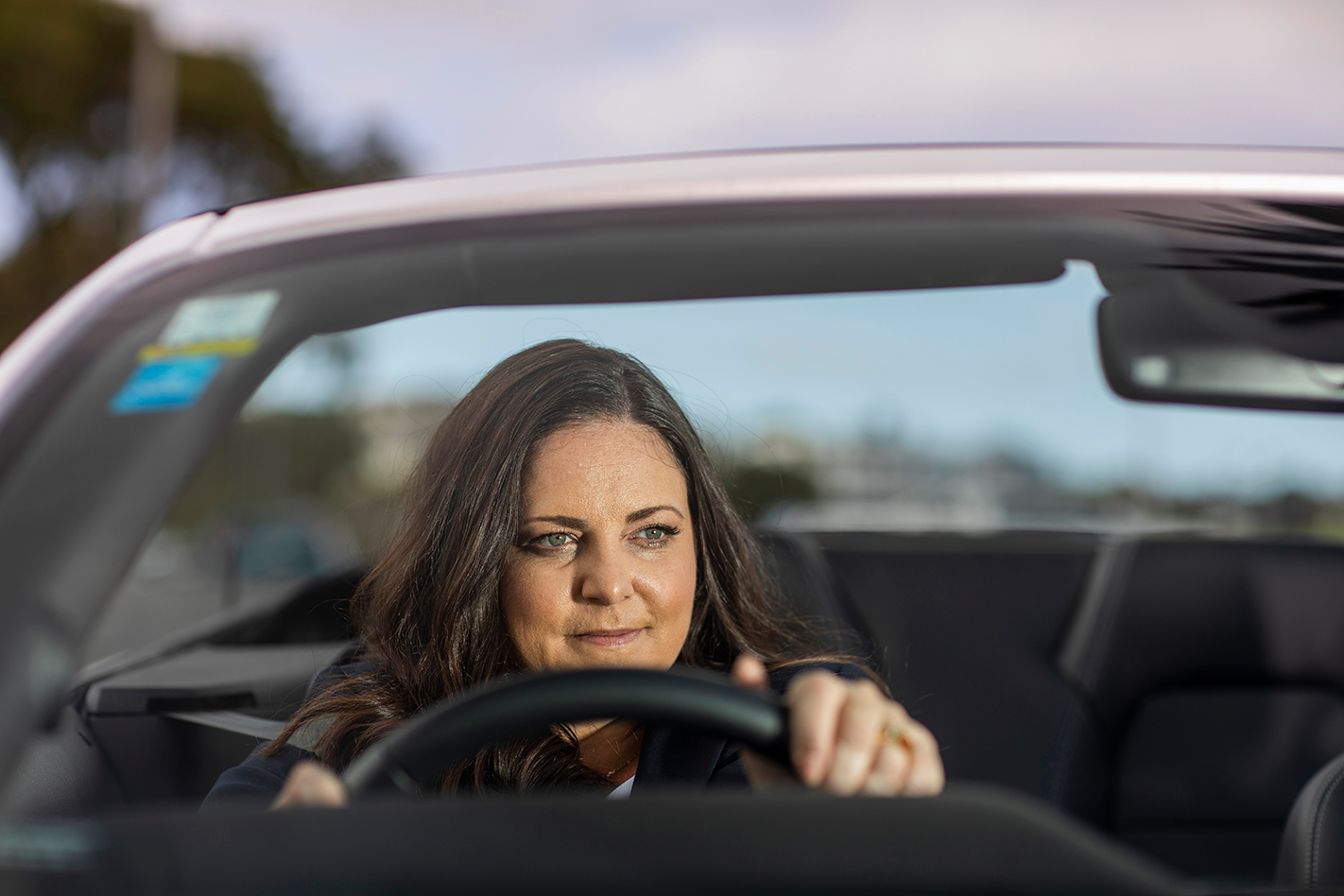
Eight years at Ford NZ topped out as national sales manager. Then, for nearly two years it was marketing vice-president of Ford Thailand. After that came more than four years in Shanghai as Asia Pacific and Africa field operations and dealer development director. She became managing director of Ford Group Philippines in 2013 and moved to global headquarters in Dearborn, USA in 2016, first in a marketing role then to work on Team Edison, the global battery electrical vehicle operation. She returned down under in July 2018.
So why such a traveller? “I think the opportunities given to me by Ford, and I love travel,” Hart responds. “I love change, I love culture and I love learning, so to me, travel with all the different jobs [that I’ve held at Ford] has given me the opportunity to do all of that, and I’ve loved it.”
Hart doesn’t throw up the shutters entirely, but she’s definitely a private person. So when the subject turns to her father, still a nationally known figure in NZ, and her upbringing, she’s not so much taciturn as truncated. The smile’s still there but the details are limited. John Hart’s tenure as coach ended when the All Blacks didn’t win the 1999 Rugby World Cup. It was a wretched time for him. At a horse race soon after he resigned he was booed and spat upon and beer was thrown over a horse he owned.
“It was a tough year,” she says quietly. But she rejects the suggestion she hit the road with her job to escape the public bubble her father lived in, or she protects her privacy for the same reason.
“I think for me, Dad being in the public has provided a lot of positives,” she counters. “There have been negatives, but they have all been learning things. It didn’t shape what I wanted to do in terms of getting away from the public, but I think it shaped who I am from what I learned growing up. I value my privacy and I value my time with family and friends. But I am not actively hiding anything or keeping to myself. I do value it, and I think I have a very clear role between home and work.”
Watching Hart from a distance at the Pukekohe and Bathurst Supercars races there’s no doubt she is comfortable in her skin. She interacts easily with whoever it might be; McLaughlin, billionaire team owner Roger Penske, a fan seeking an autograph. It might not be a rugby stadium, but it’s a sporting venue and it’s in her blood.
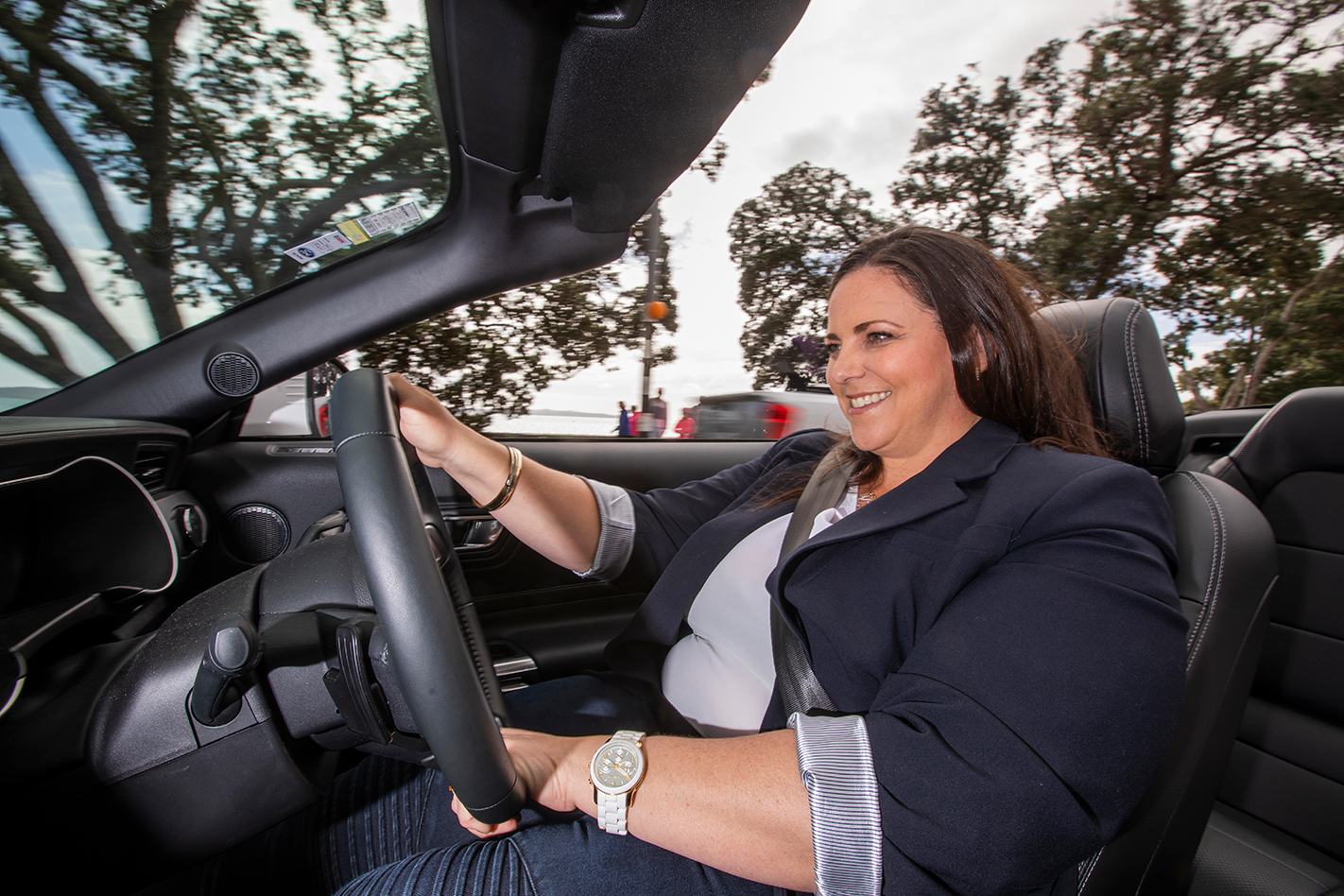
No question she’s been tested by the Mustang’s turbulent, albeit dominant, arrival in local motorsport in 2019. Parity fights, pit-lane politicking and a fair degree of dissatisfaction emanating from world HQ as things threatened to go pear-shaped, prompted her to express dismay with the situation in a media interview. “We have been disappointed with some of the discussions that have happened, no doubt,” she said in April at the height of the controversy.
Not fire and brimstone exactly, but Ford is a conservative company that hates discussing any of its issues in public, so the action of speaking out carried even more weight than the words themselves. It’s no surprise Supercars has not tried to slow the Mustang any further since then…
“Yes, challenging times, tough times, frustrating times throughout the year,” Hart admits. “But mostly successful. That’s what we want to remember this year for, not the challenges, but for the success.” Of course, neatly played. Spin that message back to the positive, as Hart so often does.
Away from public interactions with pesky journalists, Hart is described as inclusive yet decisive in business by those who deal with her. She’s less acerbic and divisive than Whickman – who she names as a mentor – and certainly more charismatic than the dour Graziano. The constant smile can be deceptive, though. Hart’s eyes can narrow and sharpen when something’s concerning her, even while the smile stays fixed in place.
There have been critical moments in each of Hart’s assignments that have helped her develop into the auto executive she is now. In Thailand, she learned how to do business in a foreign language; from Shanghai, she oversaw the rapid roll-out of dealer networks in China and India; in the Philippines, she realised she loved running the show. In the USA, though, she finally really connected with driving.
“Living in Asia for so long, I didn’t do a lot of driving,” she recalls. “I didn’t drive in the Philippines, Thailand or China. But in Michigan, because I could drive, I drove a lot. I went to the [Michigan] upper peninsula and it was amazing. I loved it. My first vehicle up there was the Explorer, then I got into the Expedition – big to bigger – then a Mustang convertible, and that got me hooked on the convertible and my first car in Melbourne was back to the convertible.”
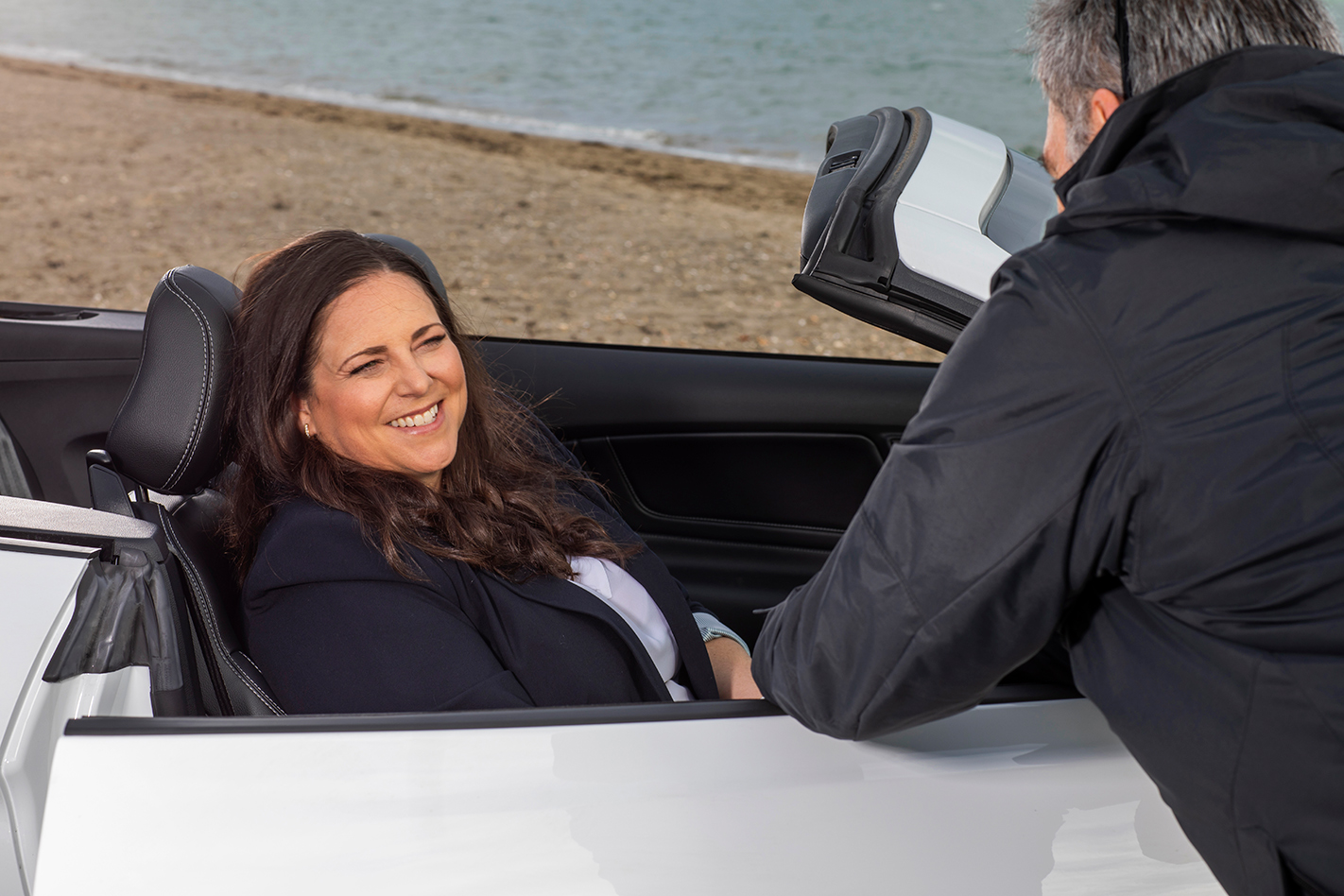
Her next company car is the Raptor, the wild off-road-focused version of the Aussie-developed Ranger ute. “Given the team we have in Australia and the pride we have in Ranger and hanging out with those guys and learning about the vehicle and then getting the opportunity [for them] to take me through the real details and engineering of it, I can’t wait [to drive it]. “We are going to go to the proving ground and really test out the vehicle.”
Hart says she has never experienced any negatives at Ford because of her gender, but she acknowledges that not every woman across the industry has been treated with fairness. With Dannie Winter the marketing director at Ford Australia, the company has a strong female public-facing outlook, as she and Hart are the two executives who talk to the media most often. In an industry where males dominate senior management positions, does a female perspective deliver an advantage?
“I don’t want to say that as a woman you do things differently, but I think it helps. Having a diverse workforce is so critically important across all levels of the organisation in terms of doing things differently and understanding and connecting with your customer base, which is society in general. So to me, it’s important to have a diverse workforce no matter at what level.”
Hart sips her takeaway coffee and looks out across St Heliers Bay towards Rangitoto Island. It’s a gorgeous view. Behind us, the Mustang is idling and her PR minder is signalling it’s time to go.
“I never thought I would be away for this long,” Hart muses. “I didn’t expect to be away from home forever. But I love what I do. It’s important to me as an individual. I need to have fun and enjoy what I do – be it personal life or work life. So right now, I am enjoying it. I have a great passion for Ford and the industry.”
And then Hart smiles, chuckles and moves on.

